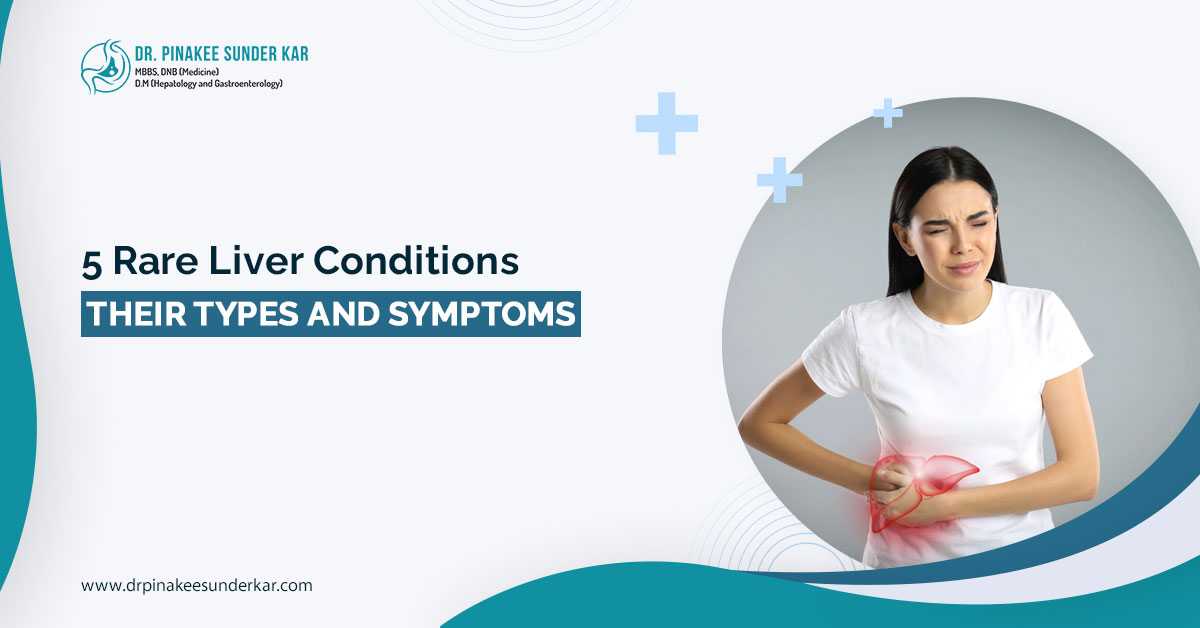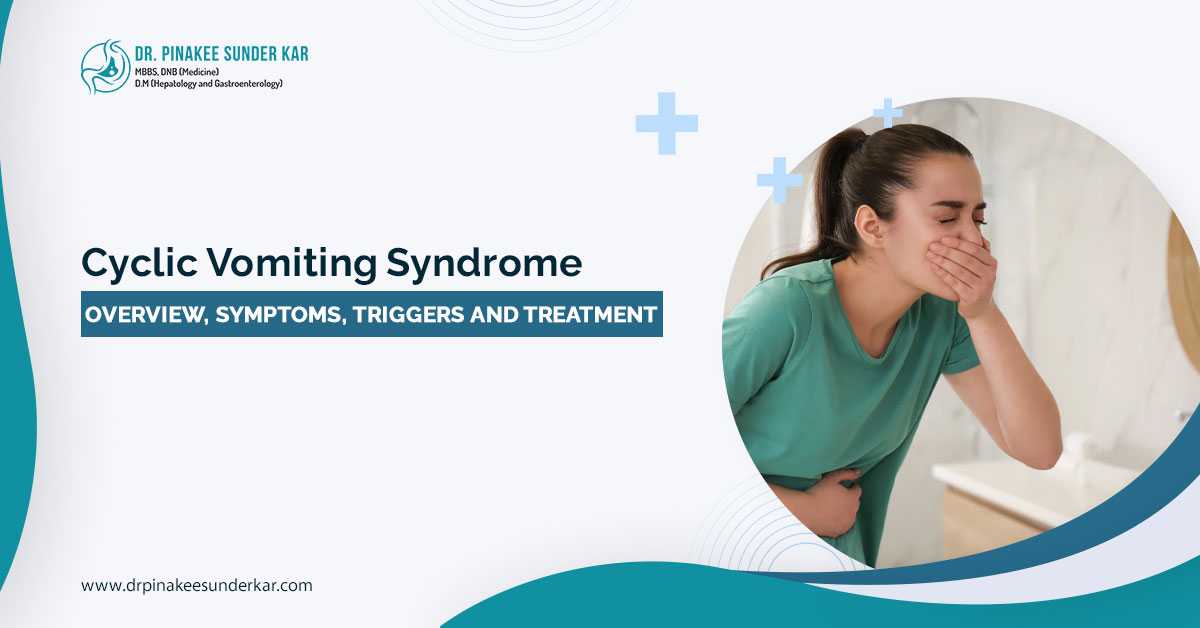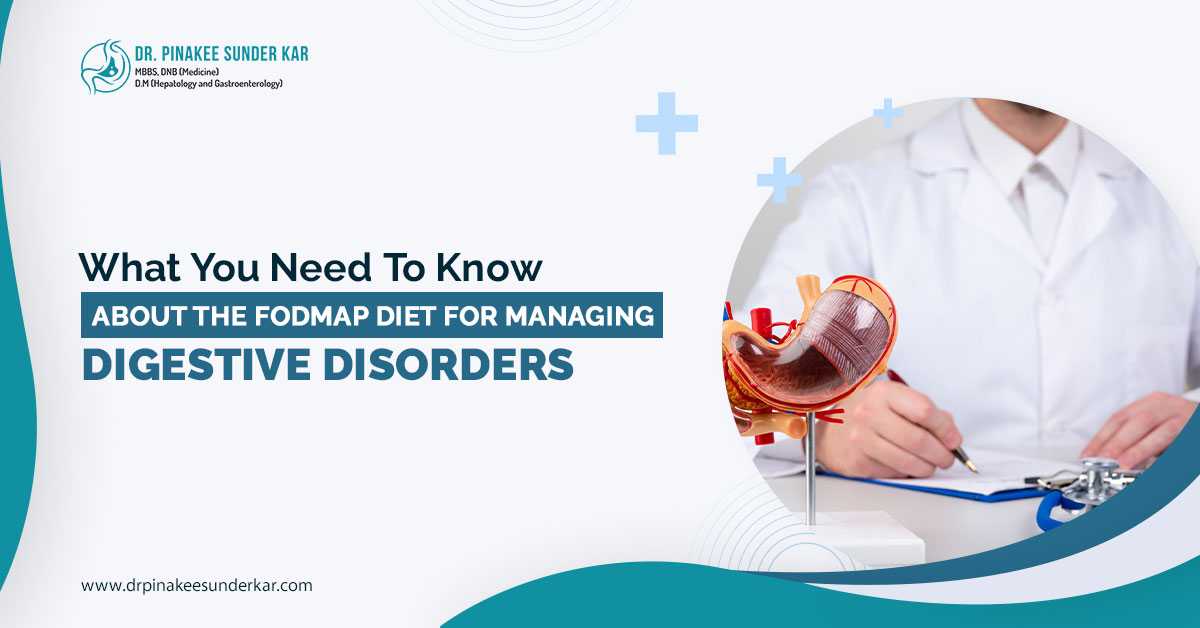Introduction
Maintaining a good healthy diet is very important as it supports the optimal gastrointestinal function, ensuring the smooth working of the overall digestive system, and reducing the risk of various digestive disorders. Try to choose the right foods and avoid the food which causes harm to you, for better gastrointestinal health.
According to a gastrology doctor in Siliguri, one of the key factors that tend to affect our digestive health is not following a properly balanced diet. Understanding the importance of a healthy diet is very important for improving your overall well-being. A healthy diet with good exercise plays an important role in digestion, nutrient absorption, and the proper functioning of the immune system.
Foods to eat for healthy gut
1. Fiber-Rich Foods: Fiber–Foods play a very important role in maintaining a healthy gut because they affect the digestion process and the absorption of different nutrients. It also helps in the prevention of constipation, and the improvement of the overall microbiome balance. The best gastro doctor in Siliguri can provide a list of foods that you need to take for good digestive health.
Examples of Fiber-rich foods: Fiber-rich food includes whole grain brown rice, oats fruits like apples, berries bananas, and vegetables like spinach, kale, and broccoli.
2. Fermented Foods: Fermented Foods tend to be rich in Probiotics, which is very much needed to improve your overall gut health. Probiotics support digestion by balancing the overall gut health, which is very important for reducing symptoms like gas, bloating, and digestive discomfort.
Examples of fermented food: - Fermented food includes yogurt, kefir, miso, kimchi, and Kombucha.
3. Lean Proteins: Lean proteins are very important for the overall body repairing process, and for the proper functioning of the immune system. Lean proteins are easier to digest compared to fatty meats. Having a good source of lean protein in your healthy diet is very important for your digestive health. By consuming a proper source of lean proteins, you will get the proper nutrients required for your health.
Examples of lean proteins: are skinless chicken, tofu, fish, and eggs.
4. Healthy Fats: Healthy fats tend to have anti-inflammatory properties, which is very essential and much needed for improving your overall gut health. Fats are important for the absorption of fat-soluble vitamins like vitamins (A, D, E, and K). Try to take healthy fats in your whole day, for improving the integrity of the intestinal lining, and to reduce gut irritation and inflammation.
5. Hydration: Try to stay hydrated by drinking the adequate amount of water essential for the digestion, and absorption of nutrients, water helps in the breakdown of food, making it easier to digest. Dehydration can lead to digestive discomfort and constipation, so try to avoid as much as possible.
Food to avoid for a healthy Gut
1. Processed and High–Fat Foods: Try to avoid consumption of highly processed foods, or food that is high in fat, sugar, and additives, as it can disrupt the balance of gut bacteria, which is very important for good digestive health. Excessive Consumption of high-fat meals can slow down the digestion process and lead to problems like bloating or digestive discomfort. Take tips from the best Siliguri gastrointestinal emergency doctor, about the food that you need to avoid for good digestive health.
Examples of Processed Foods to Avoid: - Processed foods that you need to avoid for a healthy gut are Fast food, fried foods, packaged snacks, and processed meats like sausages, bacon, and hot dogs.
2. Refined Carbohydrates: Refined food can be quickly digested and absorbed, leading to gut imbalances and digestive discomfort. Heavy consumption of refined carbohydrates leads to the disruption of gut microbiota, which is very important for maintaining good gut health.
Examples of Refined Carbohydrates to avoid are: - Refined carbohydrates which you need to avoid for good gut health are white rice, cakes, biscuits, sweet pastries, and white flour lacks fiber,
3. Dairy (for lactose–intolerant individuals): Dairy products tend to cause digestive issues to those who are supposed to have lactose intolerance. During this condition, individuals may experience symptoms like bloating, diarrhea, and cramps.
Examples of Milk products to avoid are: - Milk, cheese, ice cream, and cream.
4. Caffeine: Consumption of excessive caffeine can lead to irritation in the stomach lining and stimulation of acid production. Due to this, you may experience digestive issues like acid reflux and indigestion.
Examples of caffeinated drinks to limit are: - Coffee, energy drinks, and caffeinated sodas.
5. Spicy Foods: Spicy foods lead to the irritation of the stomach lining, and cause issues like acid reflux or heartburn. So try to avoid as much as possible for good health, and overall well-being.
Examples of Spicy foods to avoid are: - Hot Peppers, spicy sauces, and food like curries and salsa.
Conclusion
For leading a healthy and stress-free life, Understanding the role of Diet in Gastrointestinal Health is very important, try to avoid the consumption of highly processed, refined carbohydrates, and irritants like spicy foods, caffeine, and alcohol, to prevent digestive issues. Follow a balanced diet along with some exercises for supporting the proper functioning of the digestive system, and reducing the risk associated with gastrointestinal disorders. Choose the best gastrology doctor in Siliguri to understand the role, and importance of good digestive health.





